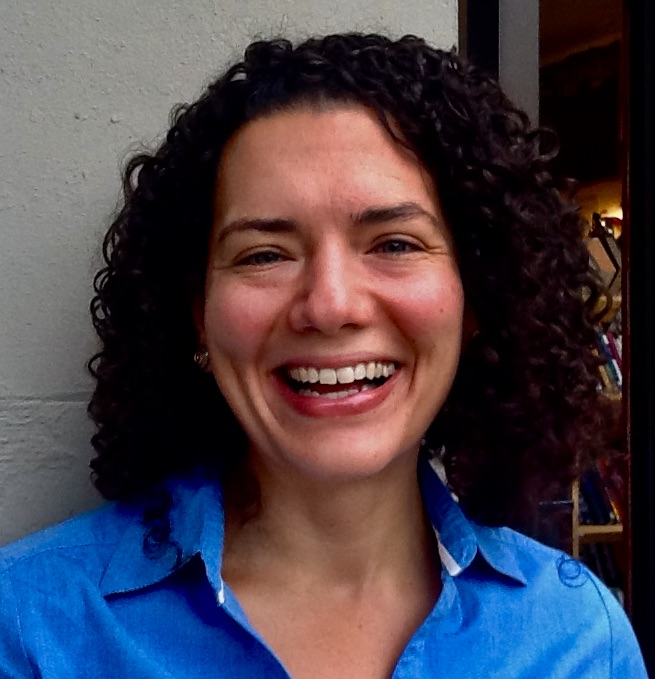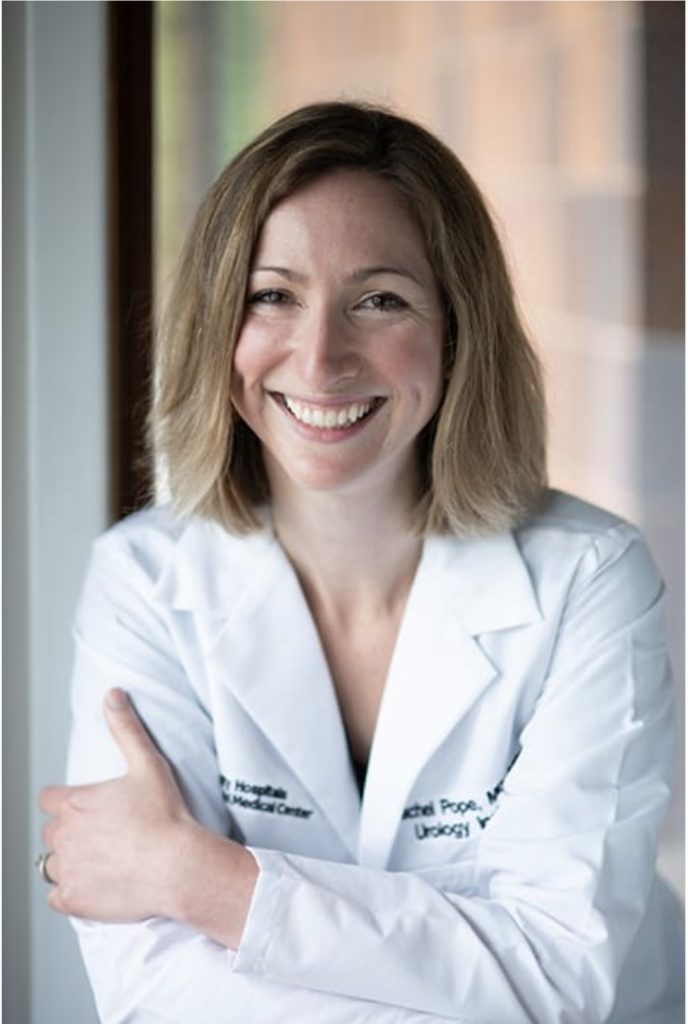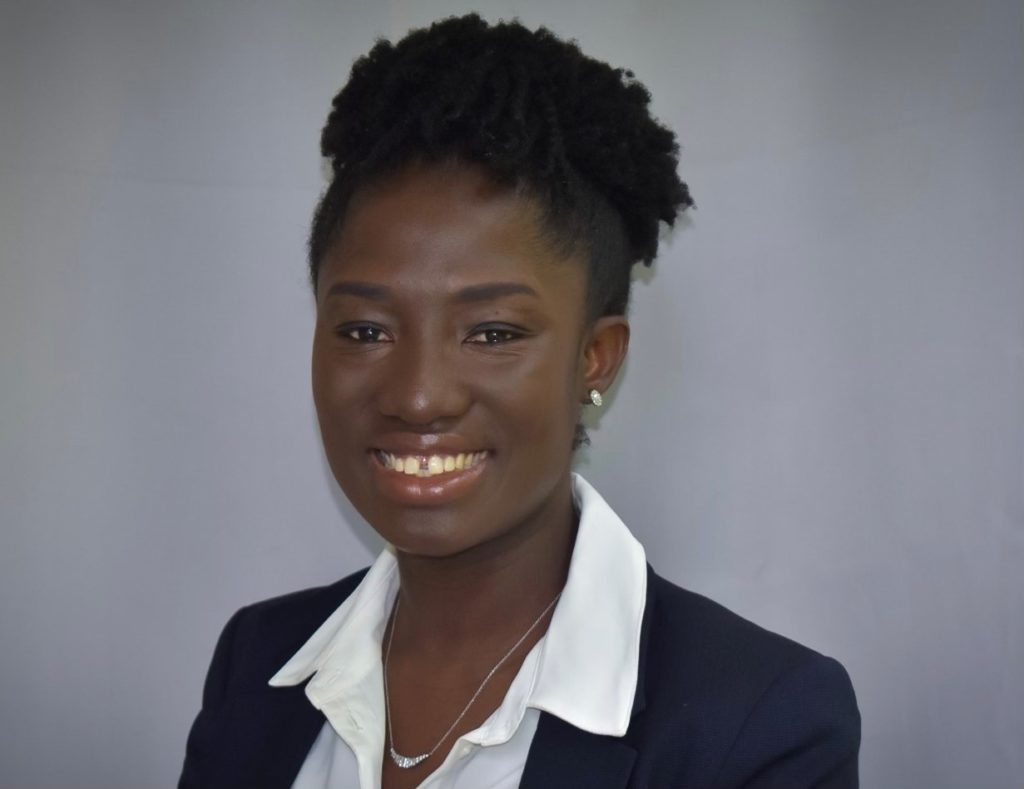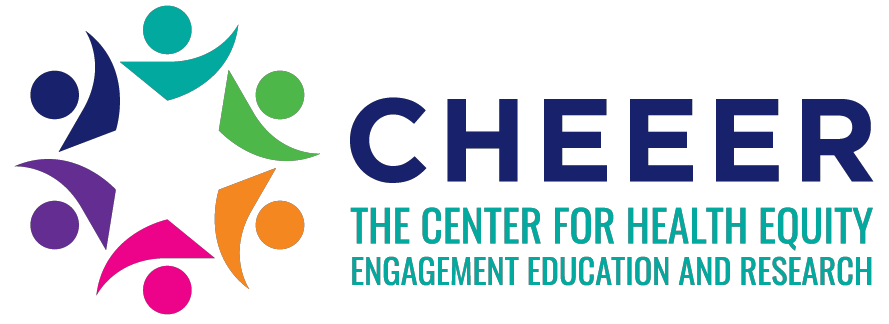Laura J. Mintz, MD, PhD

Dr. Laura J. Mintz, MD, PhD (she/her) is an Assistant Professor of Medicine at CWRU and an Internal Medicine-Pediatrics physician at MetroHealth. Her clinical and research work is focused on the health of sexual and gender minority (SGM) communities. She came to medicine from a career in public health and community organizing focused on HIV, incarceration and the sex trade and street economies. Her current research is focused on transitions of care for SGM persons, inclusion of trans and gender expansive communities in large database studies, chronic pain in SGM persons, leadership in medicine, cancer disparities in HIV+ persons, and expansion of SGM community concerns in medical education.
Project Title: Impact of Stigma on Sex and Gender Minorities (SGM) with Chronic Overlapping Pain Conditions (COPC)
Summary:
Aims to understand the effects of stigma on the experiences of LGBTQ+ persons that have chronic pain conditions. A group of patient experts will be interviewed to discuss experiences with healthcare providers, the connections between stigmatized identities, self-stigma, and stigma related to pain conditions. These conversations will be used to inform other healthcare providers about these experiences, to pursue more research regarding the best medical care for this group of people, and the ways that LGBTQ+ patients with chronic pain have found to resist stigma and manage their pain conditions. Those management and resistance strategies will be published in an accessible document (a ‘zine’) to support community members in addressing stigma in the context of LGBTQ+ identity and chronic pain. Research participants will also be invited to use the sound lab at ATNSC Center for Healing and Creative Leadership to design sound pieces or tell their stories to chronicle these experiences, these pieces will be available to all in a digital archive.
Rachel J. Pope, MD, MPH

Dr. Rachel Pope, MD, MPH, is a gynecologist who uses the combination of research and a scalpel to fight for social justice. Dr. Pope’s background is in anthropology and public health. After completing medical school, she trained in obstetrics and gynecology and then completed a fellowship in global women’s health. She is the chief of the Female Sexual Health division and part of the Gender Care program in the Urology Institute at University Hospitals Cleveland Medical Center. She also leads the global health program in the Institute where there is an international collaboration between Urologists and Gynecologists in the US and three centers in West and East Africa. Her clinical practice surrounds female sexual health, vaginal reconstruction and gender affirming surgery and her research interests are in health disparities and social determinants of health.
Project Title: Advancement of Care for Transgender and Gender Diverse People (ADVOCATE)
Summary:
ADVOCATE aims to work with the community to identify barriers to gender affirming medical and surgical care. By conducting multiple focus groups of individuals who identify as trans or gender-diverse as well as groups of individuals who have undergone gender affirming surgeries, she and her authors hope to gain a greater understanding of the obstacles that may exist as well as what could help improve access to care. The focus group findings will then inform a larger state-wide survey. Her co-investigators include public health specialist, Dr. Swagata Banik, surgeon Dr. Shubham Gupta, and psychologist, Dr. Erika Kelley among other individuals committed to bringing attention to this under-studied population. Her community partners are the LGBT Community Center of Cleveland and Equitas Health System. Through this community-based approach to research, they hope to identify key information that could be used to improve access to care for gender diverse individuals.
Owusua Yamoah, PhD

Dr. Owusua Yamoah, PhD, is a post-doctoral scholar at the Mary Ann Swetland Center for Environmental Health at Case Western Reserve University (CWRU). Owusua holds a PhD in Spatially Integrated Social Sciences from the University of Toledo, a Master’s degree in Urban Studies from Minnesota State University, Mankato and a Bachelor’s in Development Planning from the Kwame Nkrumah University of Science and Technology, Ghana.
Dr. Yamoah’s research focuses on adapting mixed methods including geospatial techniques to understand geospatial associations in community issues and challenges that influences human and community development, with a focus on food systems and health equity. In her current role at the Swetland Center, she is involved in community engaged research process and participatory modelling approaches adopted by her team to promote health equity through food systems in Cleveland.
Project Title: Food Pantries and Food Security: Findings from Food Pantry assessments and interviews with pantry clients and managers
Summary:
While the ability of households to meet the food needs of all members of their household, both in terms of quality and quantity, at all times continues to be a challenge for about 10.5 % of the American population, this is significantly higher for minority populations who are two times more likely to be food insecure (19.1%). Existing evidence suggests that food insecurity, a critical Social Determinant of Health (SDH), largely affects minority populations, low-income households, women-headed households, and households with children. Research have shown significant associations between food insecure population and the prevalence of chronic diseases in such populations specifically, type 2 diabetes and obesity. In Cuyahoga County, 56.0% of the African American population lives in food deserts compared to 23.5% of Whites. Food insecurity in Cleveland is also significantly higher in predominantly minority neighborhoods and exhibit similar spatial patterns to that of the redlining maps that were used to discriminate against minority population.
Emergency Food Assistance programs have been significant in addressing food security needs for so many years. Their role in the food environment and in addressing food security have however been overlooked. In this research, we partner with the Greater Cleveland Food Bank to explore spatial and temporal patterns in the use of food pantries in selected neighborhoods in Cleveland. We adopt qualitative research methods to further explore food needs and the value of food pantry to clients as well as community and individual level barriers that affect the utilization and efficiency of food pantries. An observational needs assessment tool will also be used to score selected pantries to identify variation in needs among food pantry sites across Cleveland and how these may be associated with the use of food pantries.

